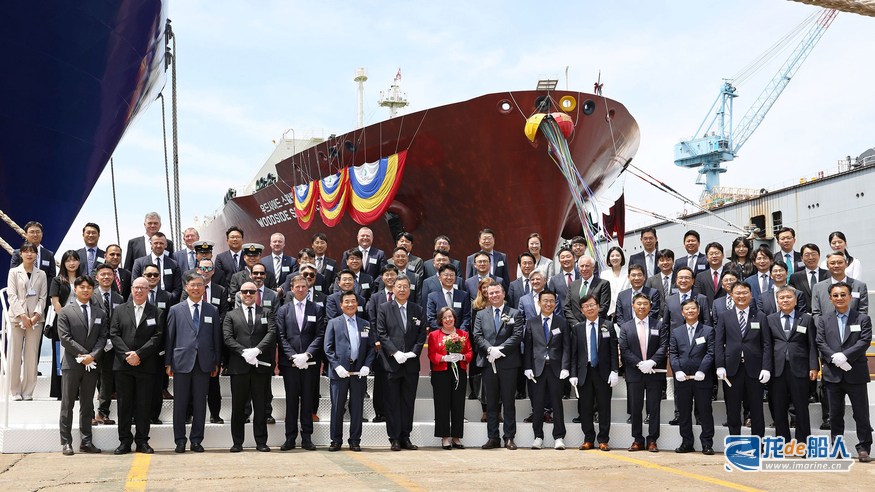Hyundai Glovis, the shipping and logistics arm of South Korean auto giant Hyundai Motor Group, plans to order up to two liquefied natural gas (LNG) carriers, aiming to solidify its position in the maritime gas transportation market through fleet expansion.

Hyundai Glovis is in discussions with HD Hyundai Heavy Industries and Hanwha Ocean to build up to two LNG carriers to fulfill new charter contracts and expand its fleet, according to TradeWinds.
To align with the global growth trend in LNG demand, Hyundai Glovis entered the natural gas maritime transportation market last year by introducing two 86,000 m³ Very Large Gas Carriers (VLGCs)—the Taebaek Explorer and Sobaek Explorer. Under a charter agreement with global commodities trader Trafigura Group, the vessels will be deployed for transporting liquefied petroleum gas (LPG) and ammonia.
In June 2024, Hyundai Glovis further entered the LNG transportation market with the delivery of its first LNG carrier, the “Woodside Scarlet Ibis”, ordered in 2022, named and delivered at HD Hyundai Samho. The vessel has a cargo capacity of 174,000 m³, equivalent to half of South Korea’s daily LNG consumption, and will be used to fulfill an LNG carrier lease agreement with Woodside Energy for a maximum term of 15 years.
At the naming ceremony of the “Woodside Scarlet Ibis”, a representative from Hyundai Glovis said, “We will accelerate the development of its LNG shipping business and strive to secure shipping capacity for hydrogen and ammonia, which are regarded as future energy sources.”
Amid the global energy transition, LNG has rapidly emerged as an environmentally friendly energy source, with its market continuing to expand. Goldman Sachs, a global investment bank, predicts that global LNG supply will grow by 80% by 2030. The International Energy Agency (IEA) also projects that global LNG production capacity will expand to approximately 300 billion cubic meters per year by 2030.
Hyundai Glovis plans to strengthen its competitiveness in the marine natural gas transportation market by promptly responding to the growing demand for LNG, while diversifying its business structure primarily focused on automobile transportation.


